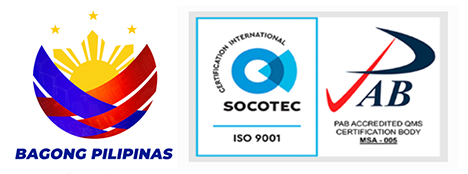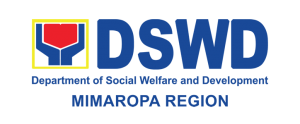The DSWD Field Office IV-MiMaRoPa conducted a training on Social Case Management Using Social Welfare Indicators to the Municipal Links (MLs) of Pantawid Pamilya last June 3-8, 2013 in Richville Hotel, Mandaluyong City. There were 38 MLs from the provinces of Mindoro, Marinduque, and Romblon who participated.
The training aims to equip the participants with knowledge and skills in the administration of Social Welfare Indicators (SWI). The SWI is a social case management tool that measures the level of well-being of a household through two major indicators: economic sufficiency and social adequacy. A score matrix using variables is used to determine the level of well-being.
Households are classified in three levels of well-being: survival, subsistence, and self-sufficiency. Some of the qualities of a household in the survival level are when adult members lack technical skills and unemployed. They live in an area where it is neither safe nor secure. Members of the family usually are unable to read and write, and frequently suffer illnesses but cannot avail health services. Subsistence, on the other hand, has an adult member who works in a seasonal job and has the required skills but not certified by institutions. They live in typical house made of light materials while members can read and write but are having a difficult time. They are able to manage illnesses and avail health services. Lastly, a household is considered self-sufficient when adult members have regular jobs and their house is made of durable and sturdy materials. They are able to read, write, and understand messages clearly. They are generally healthy members since they can avail health services. These are some of the qualities to be able to classify households.
The administration of SWI is essential in indicating the level of well-being of the beneficiaries. Through the results, effects of the programs and services of the Department are reflected. Proper administration of the SWI is important to get the real impact of the program to the beneficiaries.
Aside from the discussion of the social issues in the region, and social protection framework and principles, the highlight of the training was the field immersion of the participants in 30 household beneficiaries in Addition Hills, Mandaluyong City. Assisted by the City Link assigned in the area, the MLs got first-hand experience in administering SWI to the beneficiaries.
The same training was conducted on the first and second batch of MLs in Palawan last May 20 – June 1, 2013. ###
![]()


